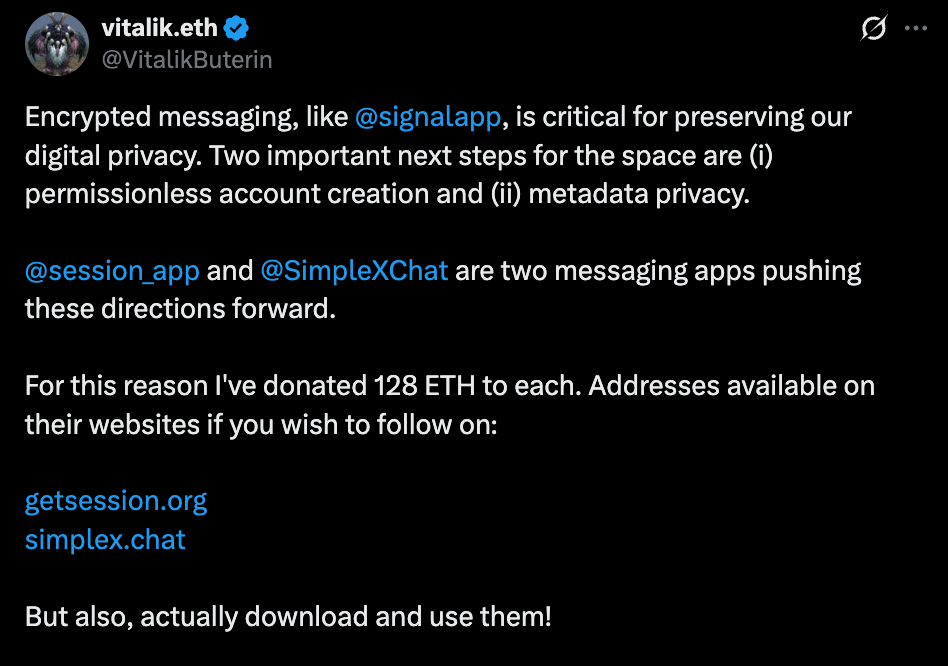Psy Protocol is officially launching its public testnet, combining Internet-scale with speed, all while maintaining Bitcoin-level security.
Psy enables the Web2 business model to be economically viable in Web3, driving the diversified implementation of AI from business to Smart Body AI. The protocol's testnet combines Internet-scale and high performance, providing Bitcoin-level security.
Hong Kong, September 29, 2025 — Psy Protocol (formerly QED Protocol) today officially launched its public testnet, introducing a new blockchain architecture designed to achieve Internet-scale throughput with Bitcoin-level security. Leveraging client-side zero-knowledge proofs and a horizontally scalable state architecture, the protocol demonstrated robust processing power of millions of transactions per second during internal testing. Its unique architecture not only supports nearly unlimited transaction processing capacity but also ensures that the block processing time for all transactions grows logarithmically based on user scale, ensuring efficient operation at scale.
The project has received support from multiple top-tier investment firms and partners, including Blockchain Capital, Arrington Capital, UTXO, Anagram, Draper Dragon, CoinSummer, Amber Group, Paper Ventures, Protagonist, LBank Labs, Valhalla Capital, StarkWare, Edessa Capital, as well as strategic partners F2Pool and ViaBTC Capital.
“Psy's architecture overcomes the core bottleneck hindering the mainstream adoption of Web3 applications, resolving the long-standing trade-off between scalability and security for decentralized applications.,” said Aleks Larsen, General Partner at Blockchain Capital. “For the first time, this enables Web2 ecosystems with well-known high-concurrency patterns — from e-commerce to artificial intelligence — to operate on a fully decentralized basis, with Bitcoin-level security.”
How Does Psy Achieve Internet-Scale High Throughput?
Psy's performance surpasses the long-standing core bottleneck of blockchain: the inability to support high-concurrency applications shaping modern Internet use cases. Due to the existing blockchain's inability to handle the massive transaction volume required by such applications, fully on-chain DeFi, smart contract payments, and decentralized versions of platforms like Amazon, eBay, or social networks remain largely theoretical.
Traditional blockchains have long faced an unavoidable bottleneck: every full node must validate every transaction. While this design ensures strong security, it severely restricts the network's throughput. The Ethereum network can process only about 60 transactions per second, and even the higher-performance PoS network Solana has an average throughput of only about 1,000 TPS. Psy’s adopted state model (PARTH) completely breaks through this bottleneck.
By introducing client-side computation, Psy has significantly reduced the network's computational burden. Its core mechanism relies on users generating zero-knowledge proofs on their local devices to replace the traditional nodes' individual verification of each transaction. The verification of these proofs is orders of magnitude faster than the original transactions, and the network further leverages recursive zero-knowledge proofs to parallelly aggregate them, ultimately forming a concise block proof that can validate millions of transactions in a matter of seconds.
The key lies in the PARTH architecture, which achieves a logarithmic increase in block processing time for all transactions based on user scale. In benchmark testing, when one million users each submitted ten transactions, Psy processed 10 million transactions in about 10 seconds—showcasing its robust throughput of over a million transactions per second.
Empowering Web3 Toward the Next Stage
Psy's technology stack enables Web3 business models to be equally competitive in fully on-chain DeFi, smart contract payments, and other highly demanding scenarios. The testnet demonstrates how Psy, with faster transaction speeds, a scalable architecture, and built-in data privacy protection, achieves large-scale expansion without compromising the security and decentralization characteristics established by Bitcoin.
Its groundbreaking performance allows blockchain applications to compete head-on with centralized platforms, truly returning data ownership and control to users rather than continuing to be held by tech giants.
The public testnet has officially launched today, allowing developers and users to firsthand experience Psy's outstanding performance. The mainnet is expected to be released later this year.
Why Psy Chooses "Proof-of-Useful-Work"
Unlike most high-throughput blockchains that rely on Proof of Stake (PoS) consensus, Psy chooses to build based on the Proof of Work (PoW) principle, a consensus mechanism initially introduced by Bitcoin.
PoS systems often centralize power in the hands of validators with large holdings, enabling them to extract value through MEV (Miner Extractable Value) and other means. Simultaneously, their security heavily relies on the token they issue, creating a circular dependency and laying down systemic risks.
Psy transforms mining into "useful work," which involves generating and aggregating zero-knowledge proofs that directly secure transactions, fundamentally eliminating the energy waste issue brought by traditional Proof of Work mechanisms. This innovative mechanism is transforming mining from a meaningless computational competition to a collaborative value creation: Psy no longer advances the blockchain based on raw hashing power but instead drives network development by maximizing the "useful work" miners perform for users.
「The Web3 Business and Intelligent Body Economy has yet to achieve scale due to users being forced to choose between convenience and decentralization.」 said Carter Feldman, Founder and CEO of Psy Protocol, 「Psy has broken this false dichotomy, providing developers with tools to build a fast, secure, and scalable platform that offers a seamless user experience even when fully running on-chain.」
About Psy Protocol
Psy Protocol is an intelligent contract platform based on Proof-of-Useful-Work, deeply integrating the neutrality and security of proof of work with the high scalability and high-performance of next-generation architecture. By delegating the transaction proof generation work to users and aggregating zero-knowledge proofs on-chain, Psy achieves Internet-scale throughput, low fees, and open participation without compromising the exceptional security of proof of work. The Psy platform empowers developers to build large-scale Web3 applications and aims to be the core infrastructure of the decentralized Internet ecosystem.
This article is a contribution and does not represent the views of BlockBeats.
Disclaimer: The content of this article solely reflects the author's opinion and does not represent the platform in any capacity. This article is not intended to serve as a reference for making investment decisions.
You may also like
Interview with VanEck Investment Manager: From an Institutional Perspective, Should You Buy BTC Now?
The support levels near $78,000 and $70,000 present a good entry opportunity.

Macroeconomic Report: How Trump, the Federal Reserve, and Trade Sparked the Biggest Market Volatility in History
The deliberate devaluation of the US dollar, combined with extreme cross-border imbalances and excessive valuations, is brewing a volatility event.

Vitalik donated 256 ETH to two chat apps you've never heard of—what exactly is he betting on?
He made it clear: neither of these two applications is perfect, and there is still a long way to go to achieve true user experience and security.

Prediction Market Supercycle

